
-

-
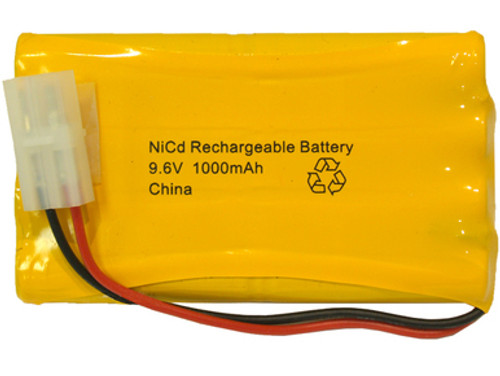
9.6 Volt AA NiCd Battery Pack (1000 mAh) with Tamiya Connector
$34.79As low as:- Buy in bulk and save
Bulk discount rates
Below are the available bulk discount rates for each individual item when you purchase a certain amount
- Buy 2 - 3 and pay only $34.79 each
- Buy 4 - 10 and pay only $32.29 each
- Buy 11 - 20 and pay only $31.29 each
- Buy 21 or above and pay only $31.29 each
-

-
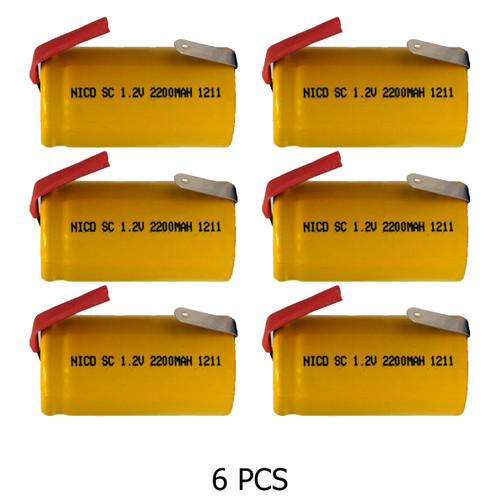
-
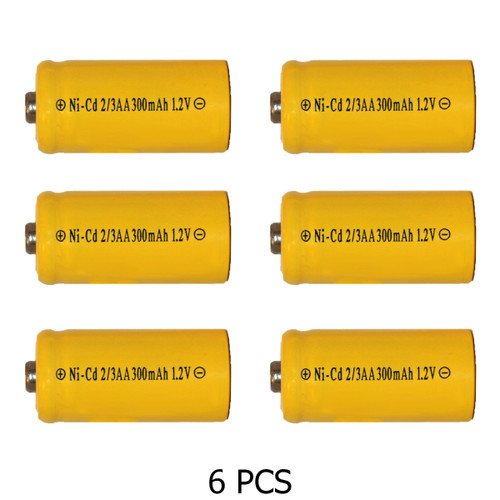
-

-

7.2 Volt NiCd Battery Pack (2100 mAh) with Tamiya Connector
$41.69As low as:- Buy in bulk and save
Bulk discount rates
Below are the available bulk discount rates for each individual item when you purchase a certain amount
- Buy 2 - 3 and pay only $41.69 each
- Buy 4 - 8 and pay only $38.79 each
- Buy 9 - 16 and pay only $37.59 each
- Buy 17 - 33 and pay only $35.49 each
- Buy 34 or above and pay only $35.49 each
-

6 Volt NiCd Battery Pack (2200 mAh) with Leads
$43.39As low as:- Buy in bulk and save
Bulk discount rates
Below are the available bulk discount rates for each individual item when you purchase a certain amount
- Buy 2 - 4 and pay only $43.39 each
- Buy 5 - 16 and pay only $40.39 each
- Buy 17 - 32 and pay only $39.09 each
- Buy 33 or above and pay only $39.09 each
-
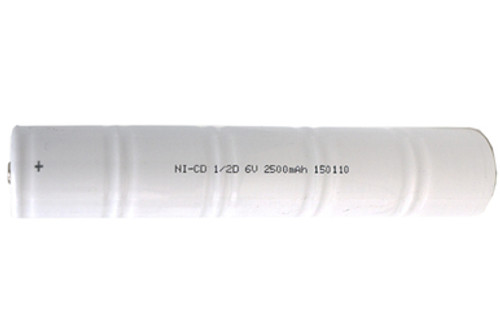
6 Volt NiCd Battery (2600 mAh) for Streamlight (SL20, SL20S, SL20X) & Maglite Flashlights
$44.09As low as:- Buy in bulk and save
Bulk discount rates
Below are the available bulk discount rates for each individual item when you purchase a certain amount
- Buy 2 - 3 and pay only $44.09 each
- Buy 4 - 7 and pay only $41.89 each
- Buy 8 - 31 and pay only $39.69 each
- Buy 32 or above and pay only $39.69 each
-

-

-
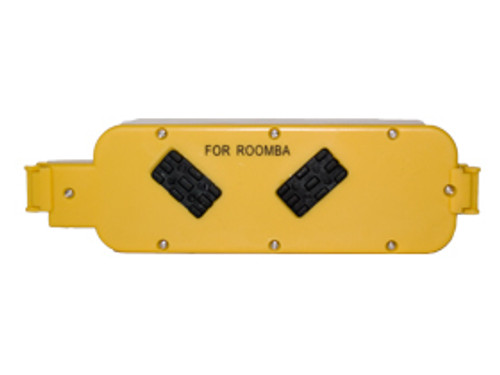
-
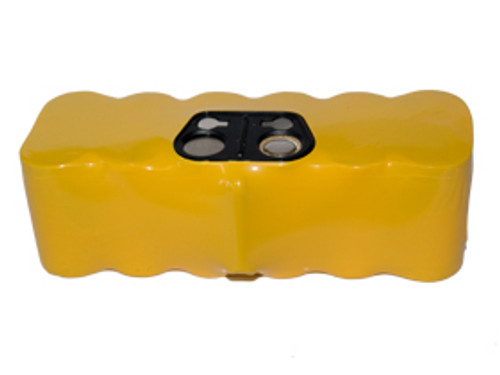
-

-

Welch Allyn 72600 Replacement 2.5 Volt NiCd Medical Battery for Welch Allyn Pocket Scope
$48.69As low as:- Buy in bulk and save
Bulk discount rates
Below are the available bulk discount rates for each individual item when you purchase a certain amount
- Buy 2 - 6 and pay only $48.69 each
- Buy 7 - 19 and pay only $43.09 each
- Buy 20 - 27 and pay only $38.09 each
- Buy 28 or above and pay only $38.09 each
-
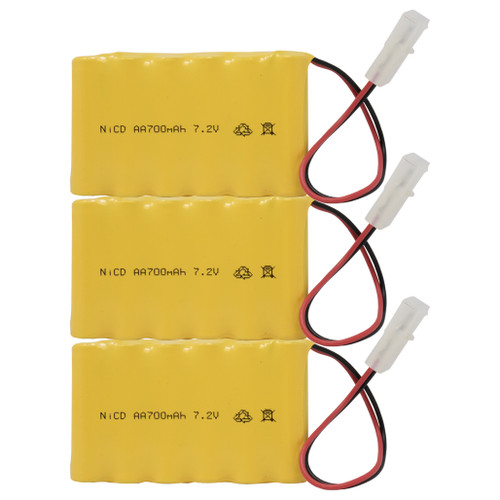
-
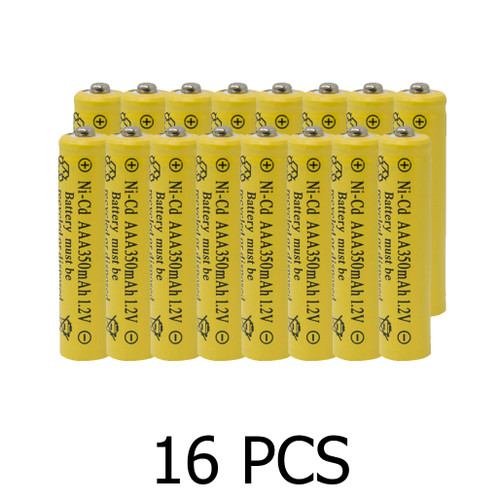
-

-

Welch Allyn 72200 Replacement 3.5 Volt NiCd Medical Battery for Welch Allyn Otoscope Handles
$55.59As low as:- Buy in bulk and save
Bulk discount rates
Below are the available bulk discount rates for each individual item when you purchase a certain amount
- Buy 2 - 6 and pay only $55.59 each
- Buy 7 - 17 and pay only $45.89 each
- Buy 18 - 25 and pay only $40.59 each
- Buy 26 or above and pay only $40.59 each
-

Welch Allyn 72300 Replacement 3.5 Volt NiCd Medical Battery for Welch Allyn Otoscope Handles
$55.59As low as:- Buy in bulk and save
Bulk discount rates
Below are the available bulk discount rates for each individual item when you purchase a certain amount
- Buy 2 - 6 and pay only $55.59 each
- Buy 7 - 17 and pay only $45.89 each
- Buy 18 - 25 and pay only $40.59 each
- Buy 26 or above and pay only $40.59 each
Nickel-Cadmium (NiCd) batteries have been a popular choice for consumers for decades, and are still used in a variety of applications today. NiCd batteries offer a number of advantages over other types of batteries, including a high energy density, long cycle life, and good performance in low temperatures.
AA NiCd Batteries: AA NiCd batteries are a popular choice for a variety of consumer electronics, including toys, flashlights, and remote controls. They offer a high energy density, which means that they can provide a lot of power in a small package. This makes them ideal for devices that require a lot of energy, but don't have a lot of space for batteries. They are also known for their long cycle life, which means that they can be recharged and used over and over again.
AAA NiCd Batteries: AAA NiCd batteries are similar to AA batteries in many ways, but are smaller and offer a lower capacity. They are commonly used in small electronic devices, such as digital cameras and handheld games. Like AA batteries, they offer a high energy density and long cycle life, which makes them a popular choice for consumers.
C NiCd Batteries: C NiCd batteries are larger than AA and AAA batteries, and offer a higher capacity. They are commonly used in devices that require a lot of power, such as portable radios and lanterns. They offer a long cycle life and good performance in low temperatures, which makes them a popular choice for outdoor enthusiasts.
D NiCd Batteries: D NiCd batteries are even larger than C batteries, and offer an even higher capacity. They are commonly used in high-drain devices, such as flashlights and portable radios. They offer a long cycle life and good performance in low temperatures, which makes them a reliable choice for outdoor enthusiasts and those in emergency situations.
9 Volt NiCd Batteries: 9 Volt NiCd batteries are used in a variety of devices, including smoke detectors, remote controls, and handheld games. They offer a high energy density and long cycle life, which makes them a reliable choice for these applications. They also offer good performance in low temperatures, which is important for devices that are used in cold environments.
One of the main advantages of NiCd batteries is their long cycle life. NiCd batteries can be recharged and used over and over again, which makes them a cost-effective choice for consumers. They also offer good performance in low temperatures, which is important for devices that are used in cold environments. Additionally, NiCad batteries offer a high energy density, which means that they can provide a lot of power in a small package.
However, NiCd batteries also have some disadvantages. They are known to suffer from the "memory effect," which means that if they are not fully discharged before being recharged, their capacity can be reduced. Additionally, NiCd batteries contain cadmium, which is a toxic substance. This means that NiCd batteries must be disposed of carefully to avoid harming the environment.
Overall, NiCd batteries are a popular choice for consumers who need reliable and long-lasting power for their electronic devices. While they do have some disadvantages, their high energy density, long cycle life, and good performance in low temperatures make them a reliable choice for a variety of applications. Whether you're using AA, AAA, C, D, or 9 Volt NiCd batteries, you can trust that they will provide consistent, long-lasting power for your devices.


